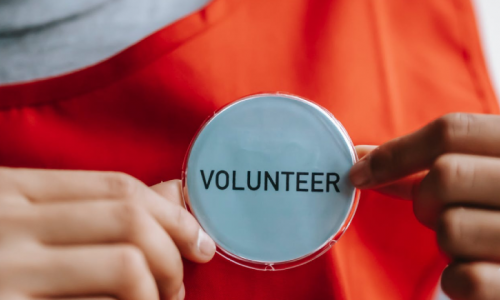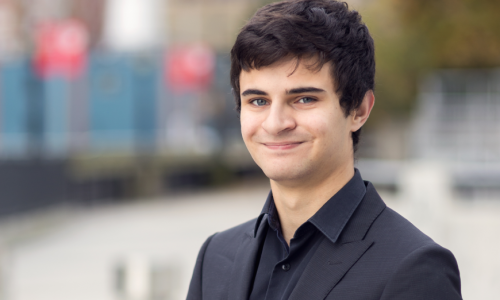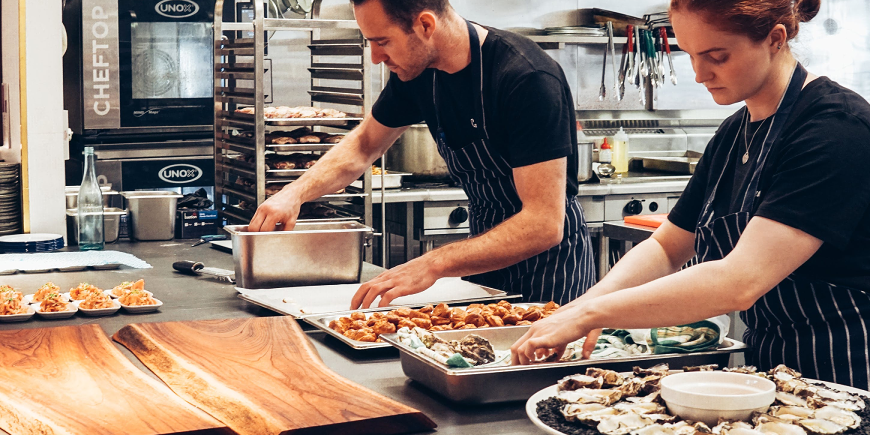
Not a lot of people have the luxury of being able to go through their post-secondary education without at the same time holding down a part-time job. Without a doubt, I was one of those poor souls not long ago, slaving away at seemingly menial, shamelessly servile jobs to pay the proverbial bills, sacrificing my weekends, evenings, and summers for The Man. I’ll be the first to admit that there were many times when I asked myself, “is this worth it?” “Do I really want to get up at 5:00 AM today to stand in a walk-in freezer counting inventory for an hour?”
Whatever the answers to those questions were, I continued on, often coming perilously close to discovering a personal breaking point wherein my academic pursuits would be irreversibly compromised.
Why do we do it? Perhaps more accurately, why must we live in a society and conform to educational and economic systems that force us to do it? It’s just all so pessimistic and doom-and-gloomy, isn’t it?
Maybe not.
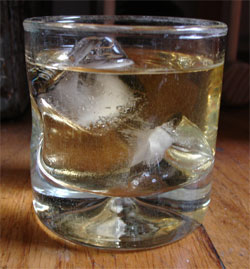
While I can vividly recall experiences from those past jobs that left a distinctly bitter taste in my mouth, I’m only now starting to get a sense of their rich, complex flavours, left lingering on my palate like a fine single malt scotch, the near off-putting boldness of that first sip reluctantly giving way to a warm, delicately sweet, cinnamon-like smokiness that fills my entire mouth with joy.
While I don’t officially condone the combination of scotch with post-secondary studies, I can definitely get behind the idea of working part-time while you’re at school, even if it’s at a job you don’t think will help you get anywhere career-wise.
My own experience working at jobs I thought would have no bearing on my career included 5 combined years of working in restaurants. It wasn’t even the part of the restaurant industry where the most money is made (serving). No, I decided it would be a great idea – you know, really fun and what-not – to work in a restaurant kitchen. I guess I liked the idea of working with food, and some misguided voice in my head told me that it would be good money.
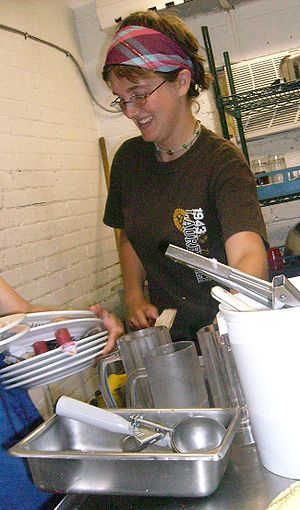
I learned a few things really quickly in my first kitchen job:
-
Dishwashers have the hardest jobs in the kitchen
-
Everyone starts out by washing dishes
-
Washing dishes isn’t really all that fun
-
The minimum wage at the time ($5.90) couldn’t really be considered ‘good money’
However, after about 6 months of battling with dishes a couple times a week, I was promoted to the glorious position of ‘line cook.’ It was a glorious first week watching someone else slave away in the dish pit while I learned the intricate dance every good short-order cook masters, in which every movement into the cooler, over to the deep fryer, to the salad bowls, etc. in what is the functional equivalent of a crawl space, is carefully executed to waste as little energy and time as possible.
I sliced my fingers, twice bad enough for a trip to the ER to have the tip of my thumb sewed up. I burned my hands and arms, again, and again, and again. I swore when customers made absurd requests for their food, and began to wonder why people with multiple death-allergies bother to eat at restaurants. I woke up at 5:00 AM to bake bread and desserts and prepare food for services. I encountered and dispensed with more grease than I could have imagined possible. I worked with some real jerks, and some really really great people.
And I learned.
I learned how to handle getting a job done under intense pressure, in a short time. I learned the value of teamwork and how a good team environment differs from a bad one, and the difference this makes to everyone on that team. As I climbed the kitchen hierarchy, I gained some incredibly valuable leadership experience. I had a few enemies, but far more friends. I had great bosses who invested in my development not only as an employee, but as a professional and a person. I even used the chef at the last kitchen job I had as a reference for my grad school applications – and I got accepted.
All while I finished up my BA.
Not so doom-and-gloomy now.
Though I think I could go for a nice scotch.











